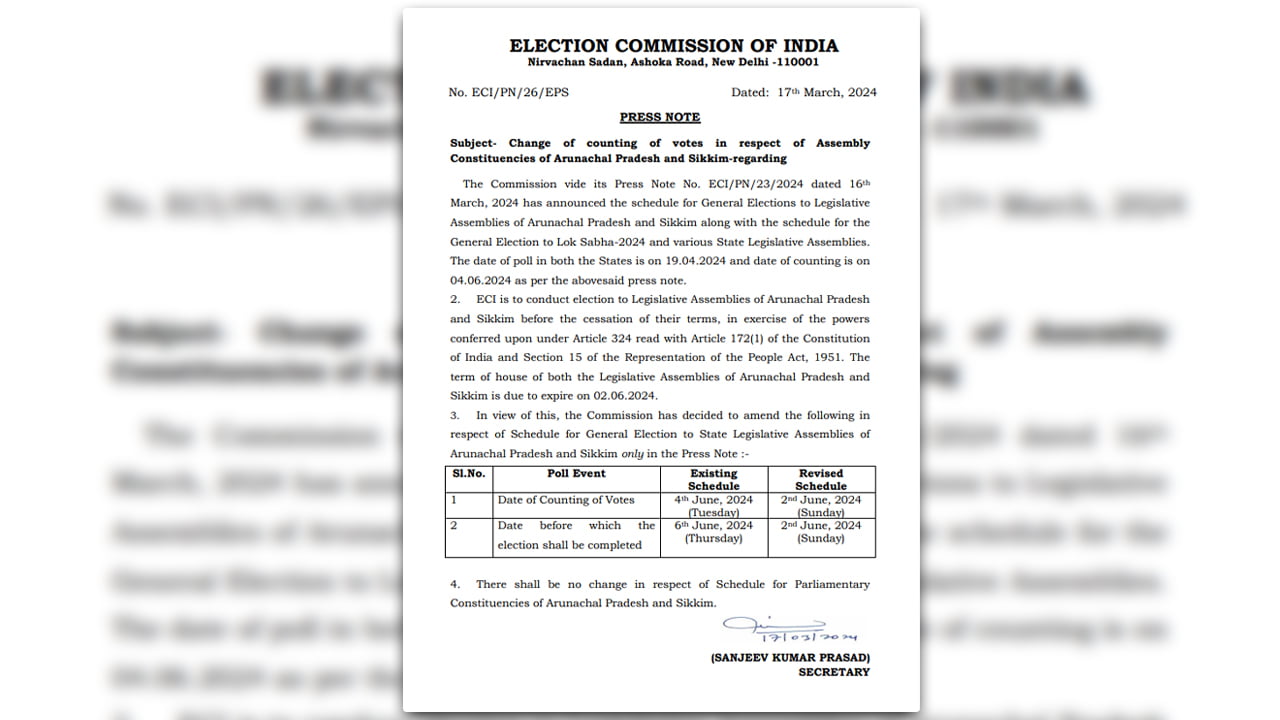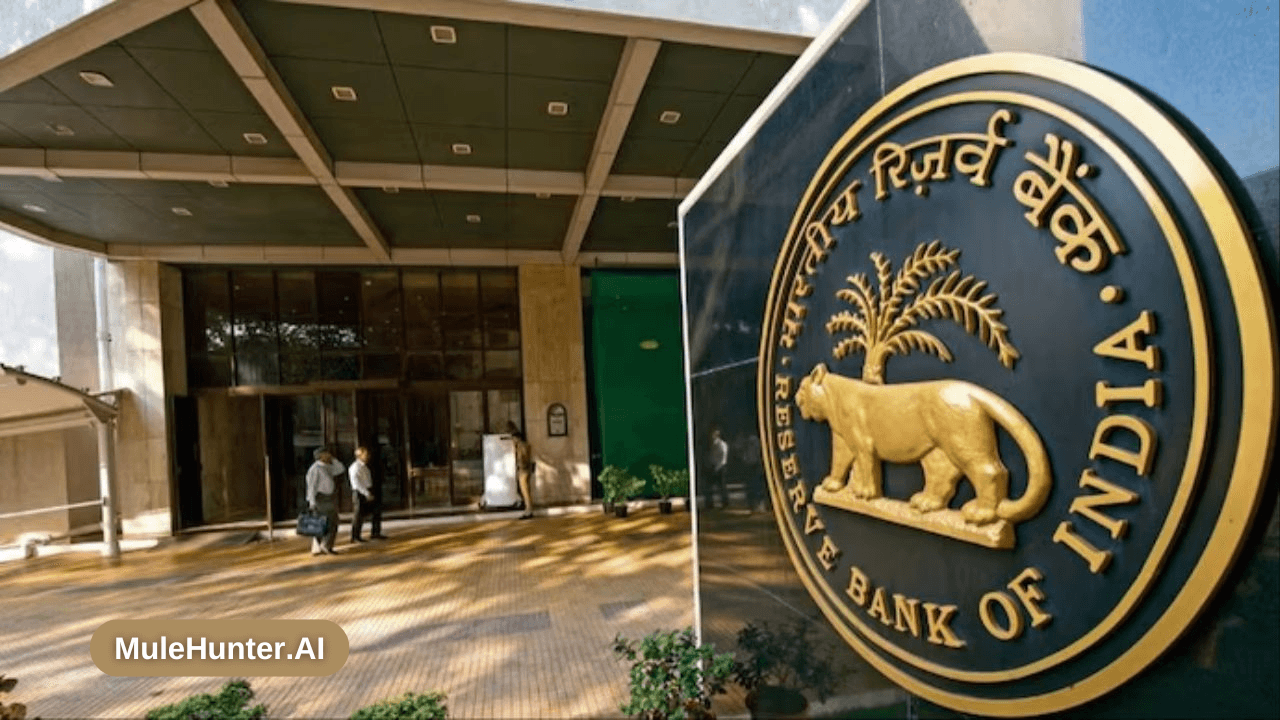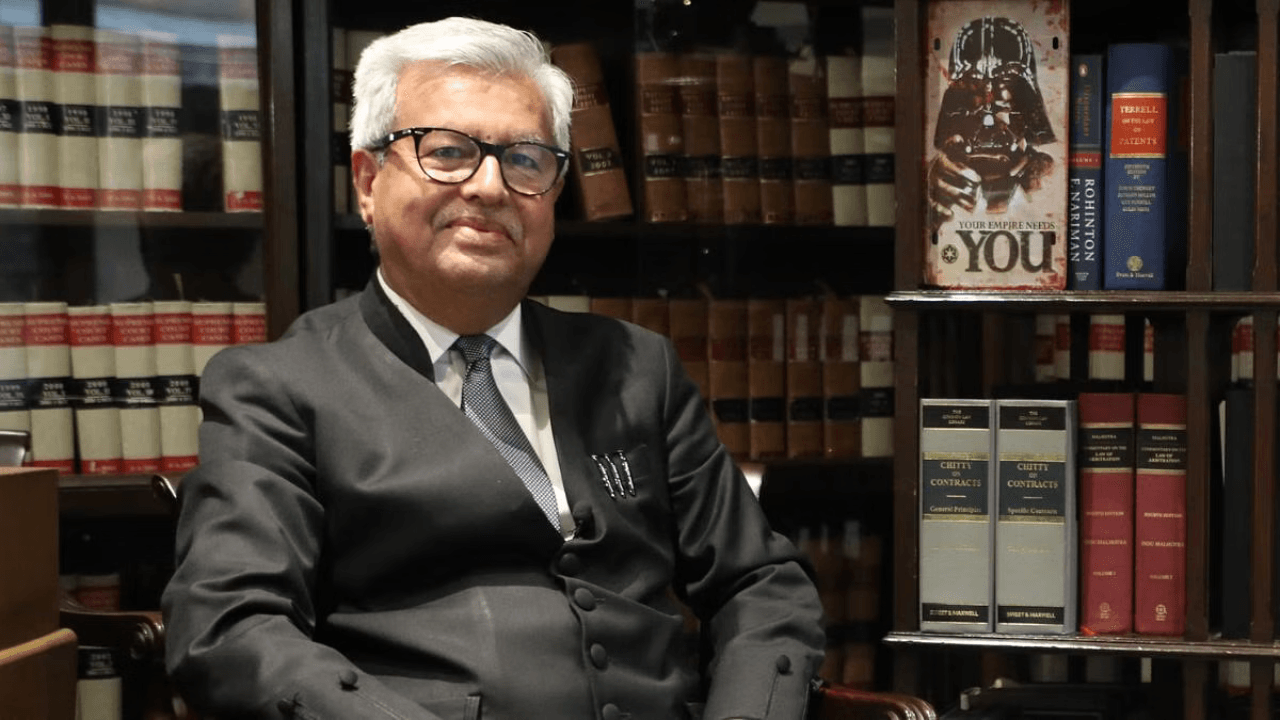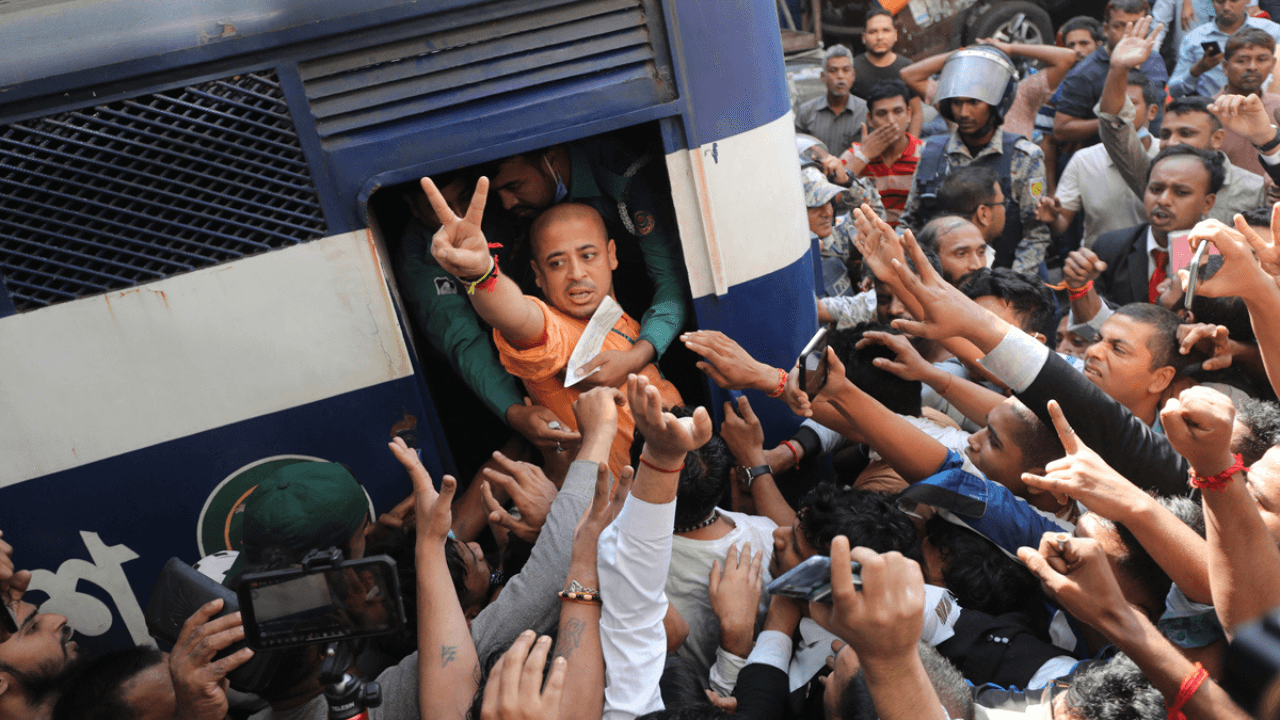The Election Commission of India (ECI) has made adjustments to the counting schedule for the assembly polls in Arunachal Pradesh and Sikkim, advancing the date from June 4 to June 2. This modification is prompted by the impending Lok Sabha elections and state legislative assembly polls.
As per a press release issued by the Election Commission on March 16, 2024, the polling for both Arunachal Pradesh and Sikkim is slated for April 19, 2024, with the initial counting scheduled for June 4. However, the updated counting timeline now corresponds with the termination of the Legislative Assemblies of both states, scheduled for June 2, 2024.
Sanjeev Kumar Prasad, Secretary of the ECI, elucidated the legal rationale behind the Commission’s decision, invoking the authority vested under Article 324 in conjunction with Article 172(1) of the Constitution of India and Section 15 of the Representation of the People Act, 1951.
Arunachal Pradesh Elections
Arunachal Pradesh is set to engage in both Lok Sabha and assembly elections on April 19. The notification for the assembly polls will be issued on March 20, initiating the nomination process. Candidates will have until March 27 to submit their nomination papers, followed by scrutiny on March 28 and the deadline for withdrawal of nominations on March 30.
With two Lok Sabha seats and a 60-member assembly, Arunachal Pradesh saw the BJP clinching victory in both Lok Sabha seats in the preceding elections. The BJP, JD(U), NPP, Congress, and other parties have unveiled their candidates for the impending assembly polls.
Sikkim Elections
Concurrently, Sikkim will conduct Lok Sabha and assembly elections on April 19. The state boasts one Lok Sabha seat and a 32-member assembly. The election notification will be released on March 20, commencing the nomination process until March 27. Scrutiny of nominations is slated for March 28, with the withdrawal deadline on March 30.
In Sikkim, the ruling Sikkim Krantikari Morcha (SKM) will vie against the Sikkim Democratic Front (SDF), BJP, and other contenders. In the 2019 elections, SKM emerged victorious, ushering in a change in government after 25 years of SDF rule. The BJP and SKM, erstwhile allies, are yet to formalize any coalition for the forthcoming polls.”












